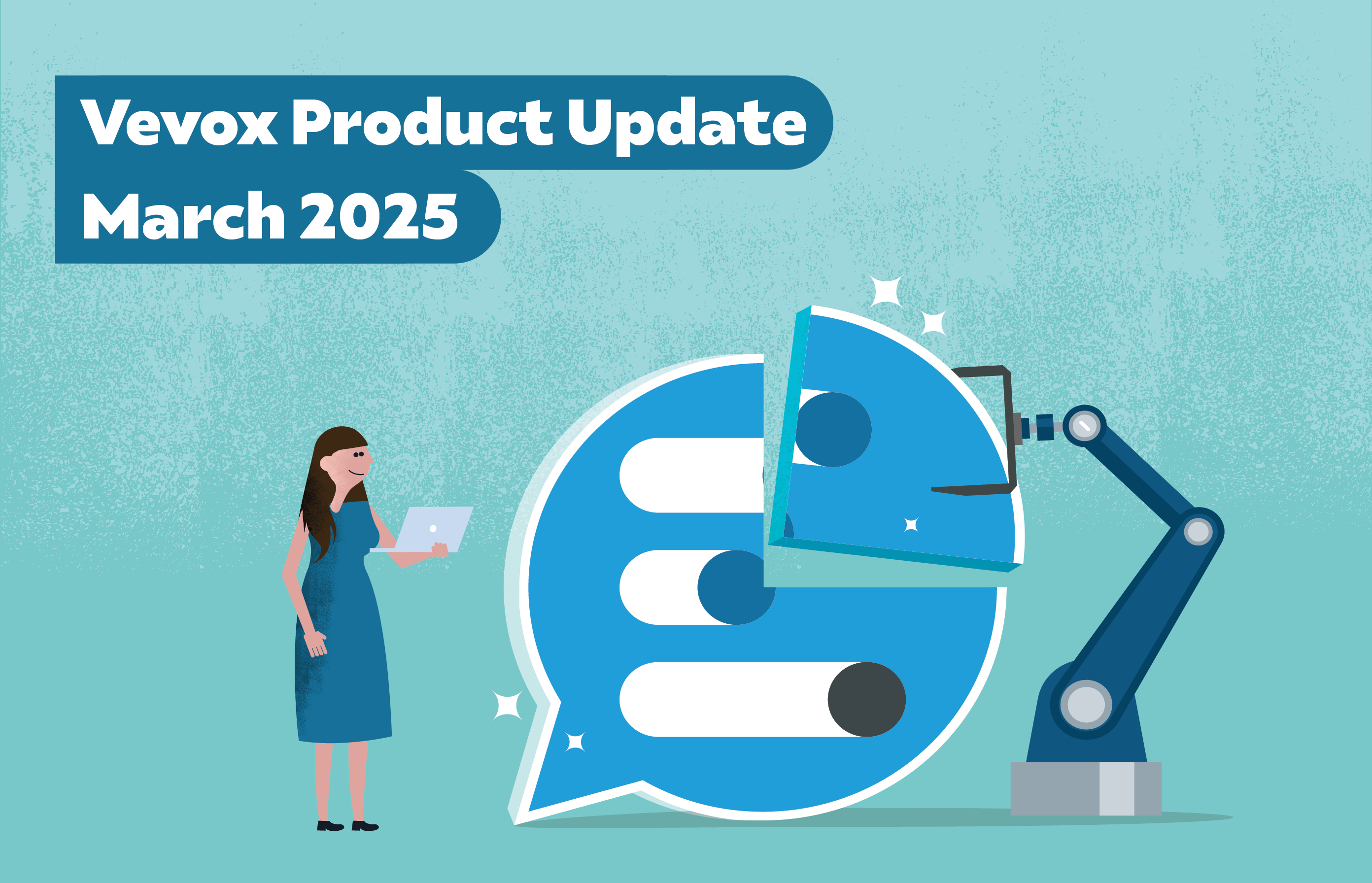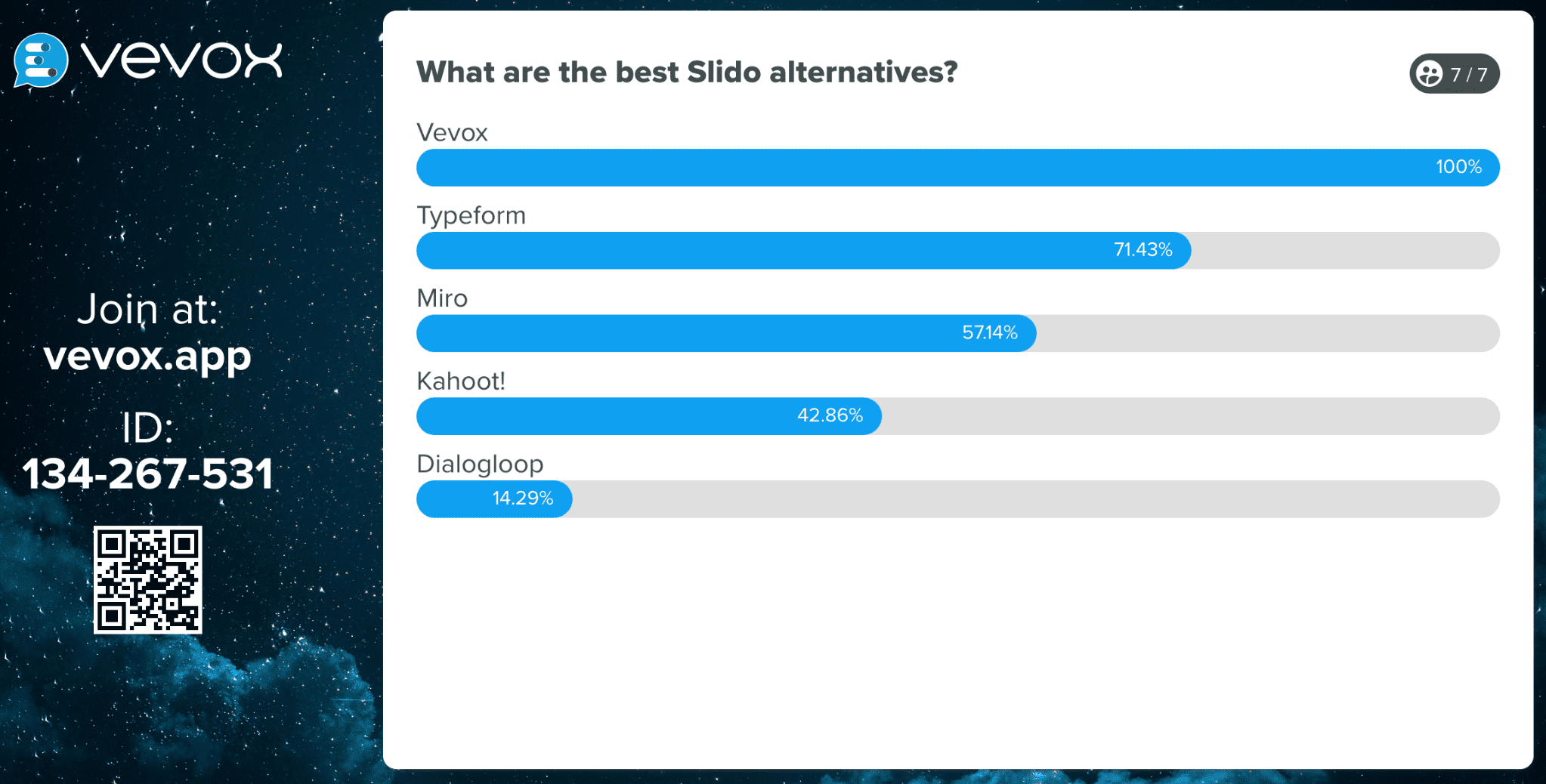Questions have long been used as an effective teaching tool for educators to gauge student understanding and to receive student feedback. For teaching staff, asking questions in lectures is key to getting insights into student behavior, student expectations and to evaluate comprehension and check progress with learning objectives. Questions from lecturers or from the students themselves can also help to stimulate discussion and critical thinking, especially when working in groups. Just asking questions off the cuff, doesn’t cut it -The art of structuring and then asking the right questions is definitely one that needs practice and requires planning.
Here are our suggestions for 4 vital questions that every lecture should ask their students to help support knowledge retention and student engagement.
1. Set the scene and temperature check existing knowledge
Beginning of lecture: How much do you know about "Topic X"?
End of lecture: How much do you know about "Topic X now"?
Running before and after comparison polls are great indicators for measuring how much knowledge students have grasped in your lecture. Reviewing this comparison data allows you to see the shift in knowledge retention and to see the impact of your lecture style and content. It is a great way to see live feedback and to gauge the level of existing knowledge to help you grade future lectures for your topic. You can even inspect your poll data to examine which students had the largest shift in knowledge retention or the smallest. Great for identifying the overall percentages of comprehension and identifying potential areas for additional support.
2. The memory check
"What is the one thing that you will take away from this lecture?"
This is a simple question that allows you to evaluate what resonated with the students the most. By making students choose one highlight from the lecture, you can understand if there was a particular moment that students remembered and evaluate why this had a lasting effect on them. It is important to analyze the effectiveness of your teaching tasks and activities so you can optimize your approach for future lectures or assignments. Every class can be different but having this data is useful as a guide, particularly if you ask the same question for the same lecture with different student groups.
3. Performance evaluation
"Did this lecture achieve its objectives?"
A simple rating question allows students to give feedback, but crucial for evaluating whether the students feel they are getting what they need from lectures. Although obtaining feedback like this can seem daunting, it is a great way for teaching staff to assess and benchmark their own performance. To save your blushes, why not use an anonymous survey to get honest, uninhibited feedback that does not reveal the answers to the whole class, but also lets students give feedback in their own time. Using this technique is really helpful if you have introduced a new task or activity, or maybe you are teaching a new module.
4. Student evaluation
"Did I meet my own learning objectives or do I have any knowledge gaps?
This isn’t so much a question for the lecturer but one to put to the students to get them to evaluate and assess their own learning. Depending on whether your students are in their first or final year, the ability to identify areas that need further reading or support and to follow through on this with the right action is crucial for success at University and beyond. To help students to start to think in this way, why not use Vevox and try a star rating poll or a survey before a break and ask them to think about how they would rate their own progress.
Want to run these student evaluation questions as live polls in the moment? Then why not download these ready to use live polls here and run them with Vevox.
See how other universities are using Vevox by taking a look at our case studies…





